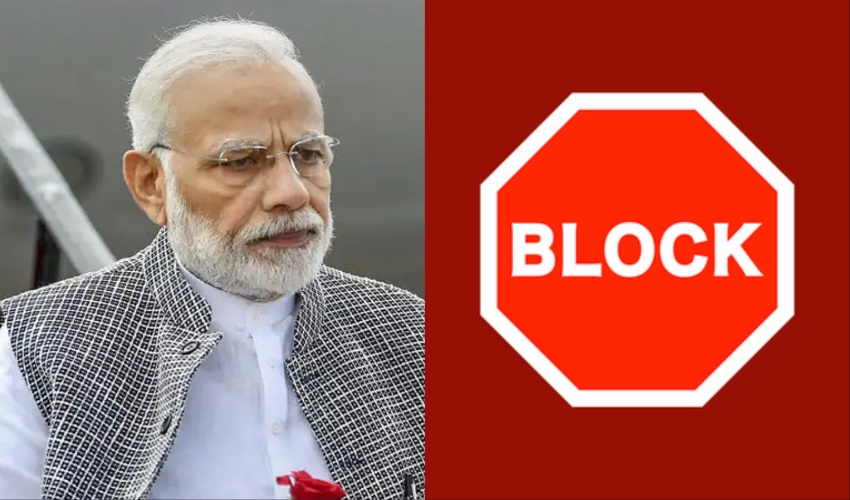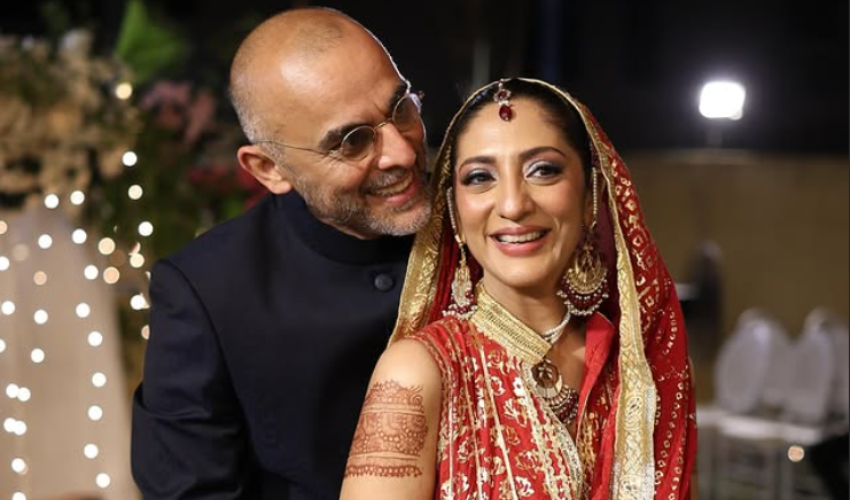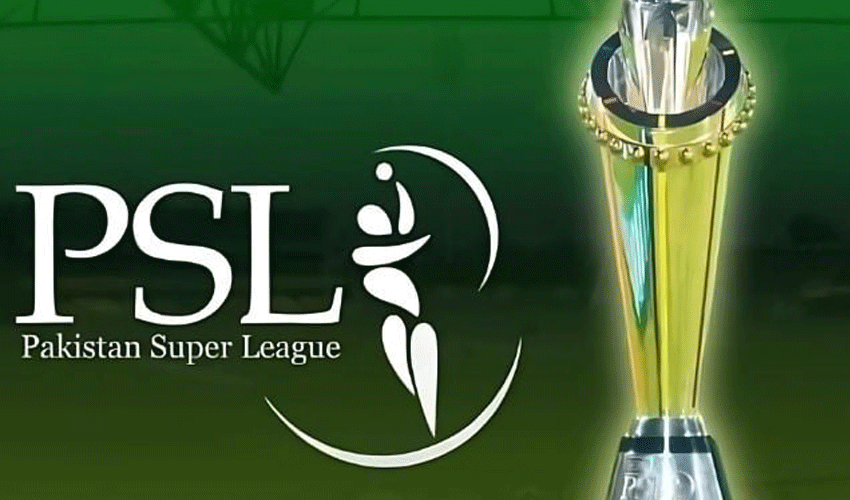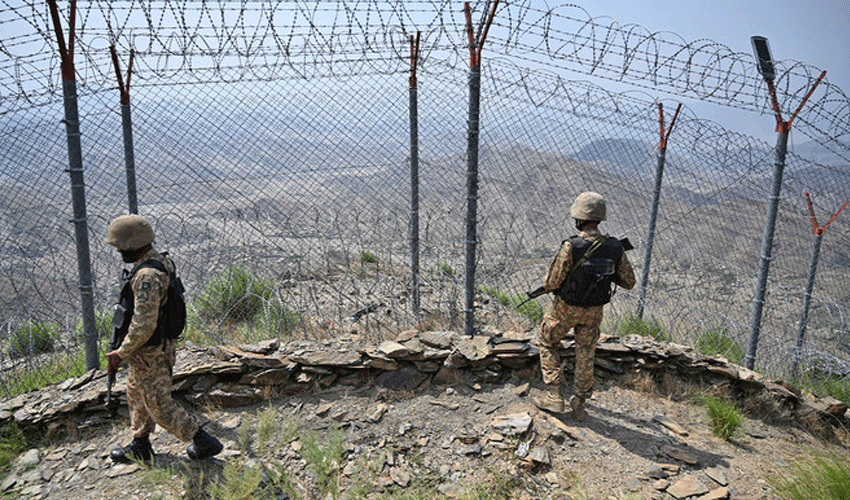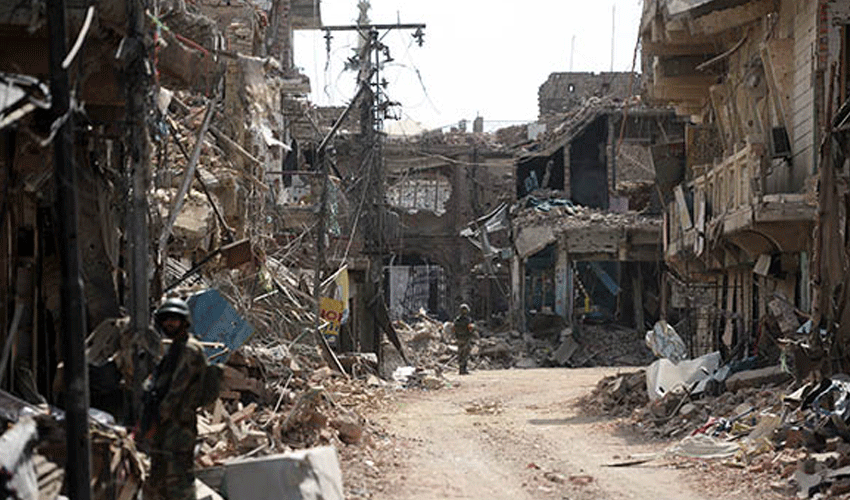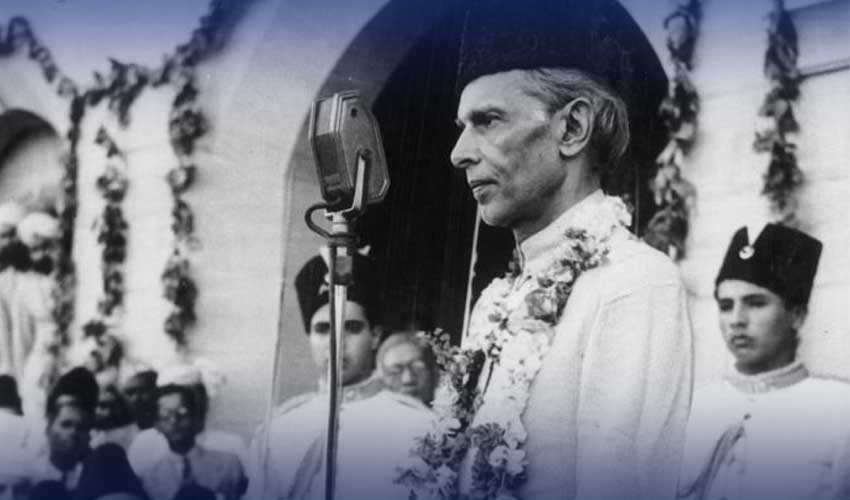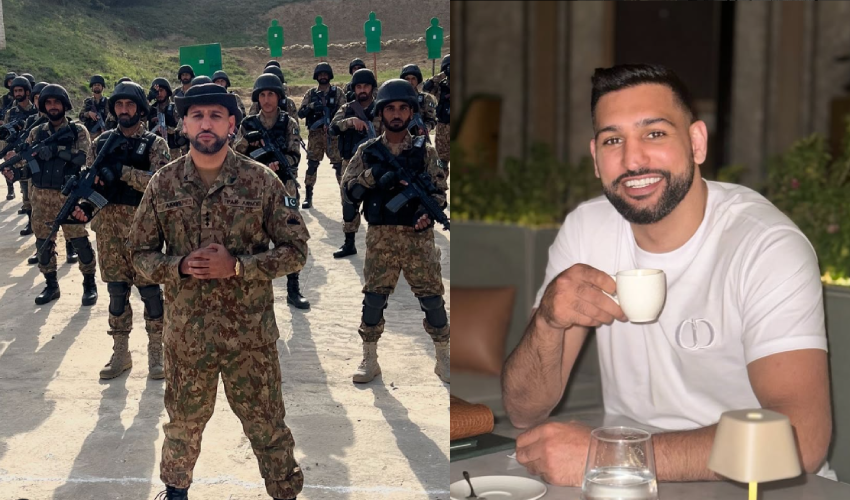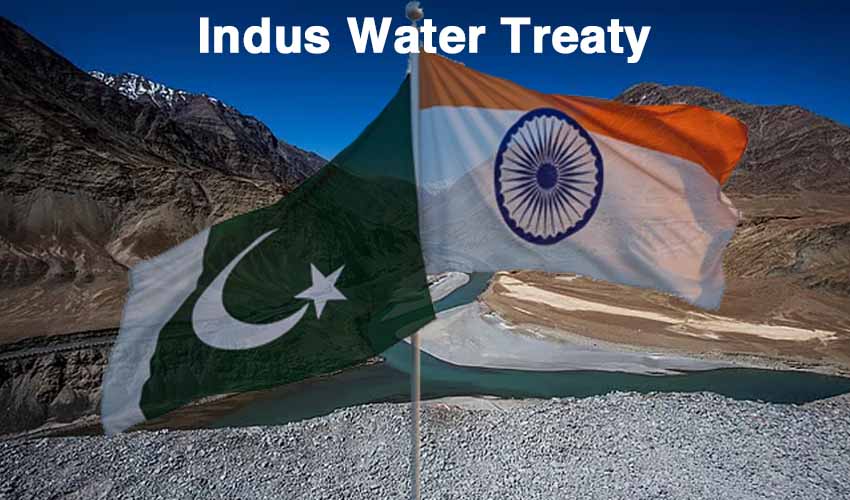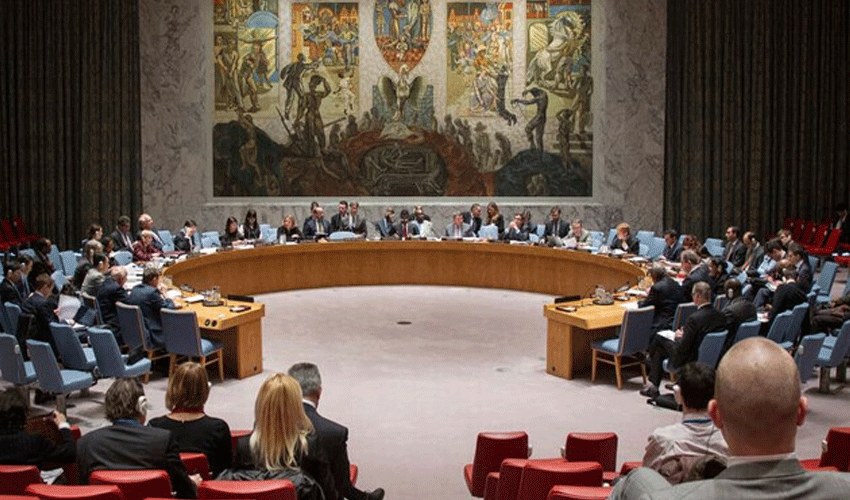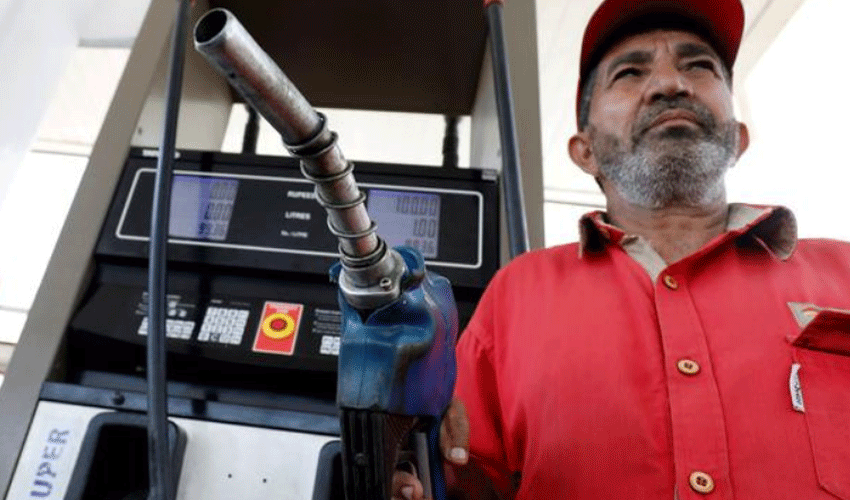India has recently banned 16 Pakistani YouTube channels, including major news outlets and popular content creators, accusing them of spreading provocative content and false narratives.
Among those targeted is renowned former cricketer Shoaib Akhtar, whose personal channel boasts over 3.5 million subscribers. Other prominent platforms like Dawn News, Samaa TV, ARY News, Geo News, Bol News, and Raftar have also been blocked, affecting around 63 million subscribers across India.
The action, which came after the tragic Pahalgam terror attack in Indian Illegaly Ocuupied Jammu and Kashmir (IIOJK) on April 22, in which 26 people were killed, has raised serious concerns over censorship, press freedom, and the free flow of information.
Indian authorities claim that these channels were spreading “provocative, communally sensitive” content, aimed at inciting communal tensions.
The Indian Ministry of Home Affairs emphasized that these YouTube platforms were pushing “false narratives” against India, its army, and security agencies.
However, many critics have dismissed India’s actions as a blatant attempt to suppress the Pakistani perspective on critical issues. Pakistan’s media outlets and independent journalists, including Irshad Bhatti, Asma Shirazi, Umar Cheema, and Muneeb Farooq, whose channels were also banned, have been vocal about India’s growing tendency to curb dissenting opinions. They argue that these measures reflect India’s increasing intolerance towards external viewpoints, especially those questioning its narrative on Kashmir and its broader regional policies.
The blocked channels have become a vital source of information for many viewers, providing an alternative viewpoint to India’s state-controlled media. The sudden censorship of these platforms has sparked outrage among Pakistanis, who view it as a deliberate attempt to silence their voices and restrict access to important news and commentary on matters concerning national security, especially following the Pahalgam attack.
The Indian government’s crackdown comes at a time when tensions between the two nuclear-armed neighbors are already high, particularly over the ongoing Kashmir conflict. Pakistan has repeatedly condemned India’s actions in Kashmir, accusing India of human rights violations and atrocities in the disputed region. The Pahalgam attack, which targeted innocent tourists, further fueled the debate over the rise of extremism in Indian-administered Kashmir.
India’s justification for banning these channels—spreading false narratives and inciting violence—has been heavily criticized by many observers, who argue that it is more about controlling the information narrative than addressing any real security concerns. The Indian government’s response to the BBC's coverage of the Pahalgam attack, demanding that the international news outlet refrain from using the term “militants” to describe the perpetrators, further highlights its aggressive stance towards global media that doesn’t align with its version of events.
Pakistan has long been vocal about the need for international awareness on the issue of media freedom, particularly in the face of rising censorship in India. In an era where digital platforms provide a significant outlet for news and diverse opinions, such heavy-handed censorship not only undermines freedom of expression but also hampers the ability of global audiences to engage with different perspectives.





